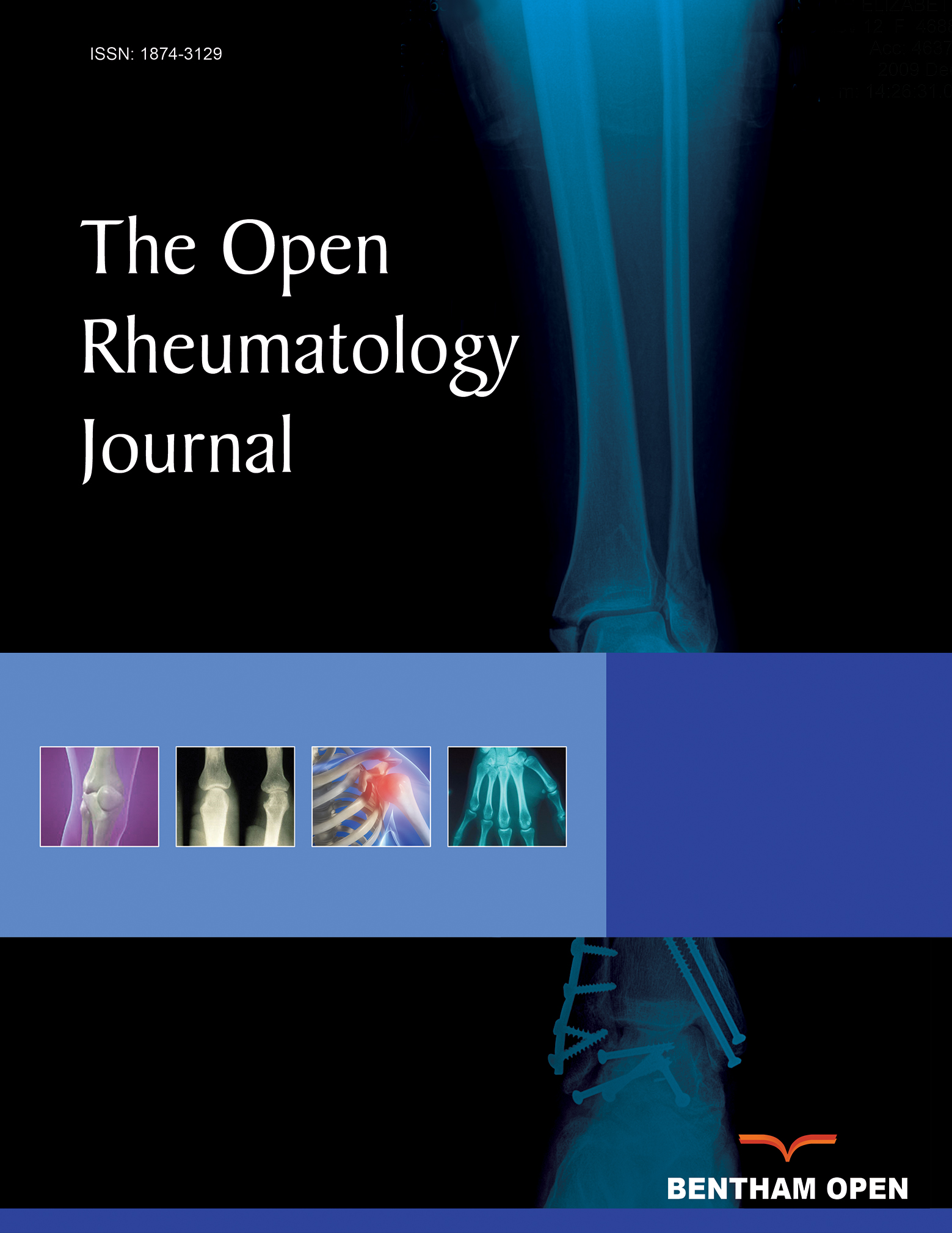All published articles of this journal are available on ScienceDirect.
Sex Differences in the Effects of a Biological Drug for Rheumatoid Arthritis on Depressive State
Abstract
Objective :
Sex-specific medicine has attracted attention in recent years, but no report on rheumatoid arthritis (RA) has examined sex differences in the effectiveness of biologics on activities of daily living (ADL), quality of life (QOL), or depressive state.
Methods :
The study subjects were 161 RA patients (female: 138; male: 23) attending regular doctor visits at our hospital. We compared the changes in disease activity, which was evaluated using the simplified disease activity index (SDAI), ADL (using the modified health assessment questionnaire; mHAQ), QOL (using short form-36; SF-36), and the Hamilton Depression Rating Scale (HAM-D) for RA patients between each sex over a six-month observation period while administering biologic treatment.
Results :
The female patients reported significant improvements in the following metrics: SDAI: from 22.1 ± 11.9 to 8.9 ± 7.8 (p < 0.001); mHAQ: from 0.46 ± 0.50 to 0.32 ± 0.45 (p < 0.001); and HAM-D: from 6.2 ± 4.8 to 3.8 ± 4.1 (p < 0.001). Moreover, all eight items of the SF-36 were significantly improved (p < 0.01). In contrast, the male patients improved on the SDAI (from 27.9 ± 11.7 to 12.7 ± 8.6 (p < 0.001)), but we did not observe significant improvements in the mHAQ or HAM-D scores or in any items on the SF-36.
Conclusion :
Both male and female patients with RA improved when using a biological drug. Sex differences in the improvement of depressive state were observed.


